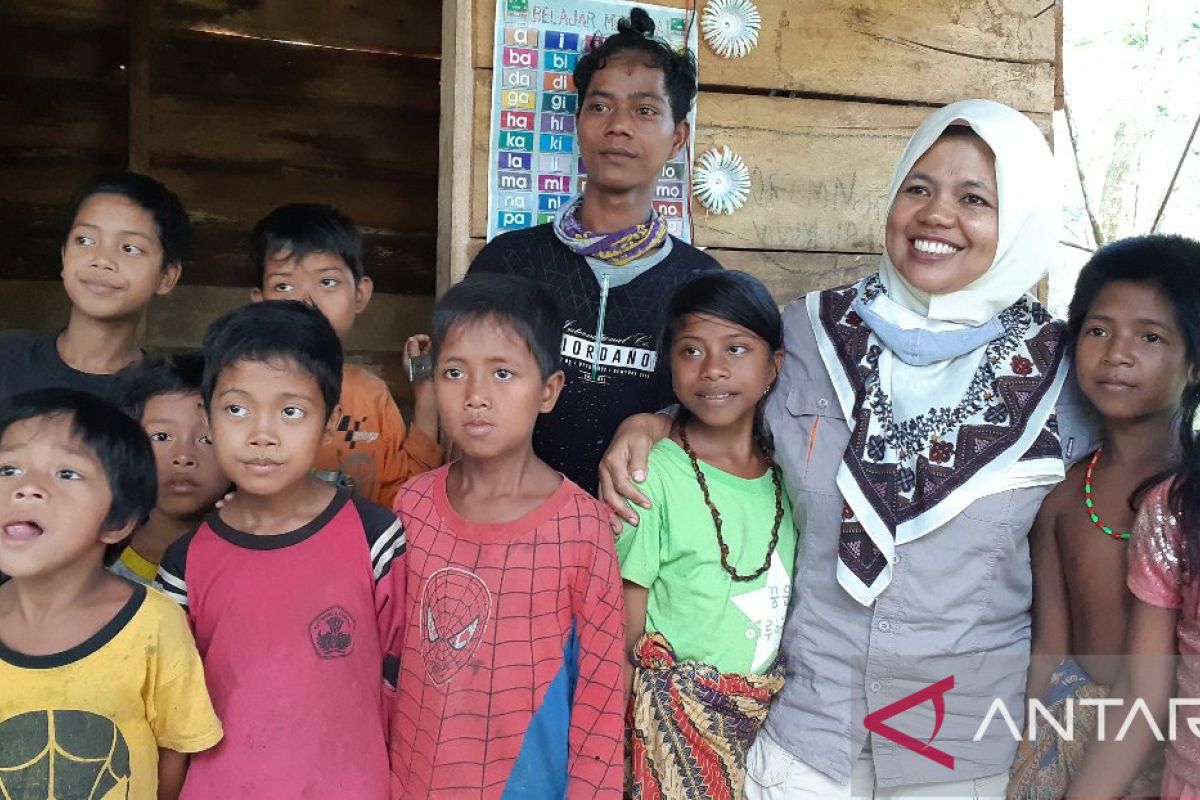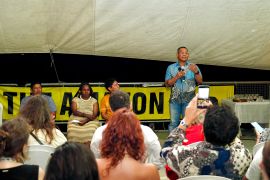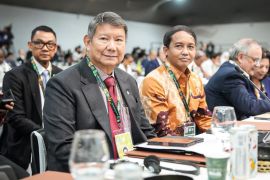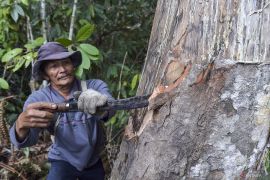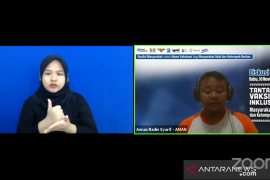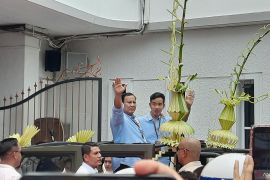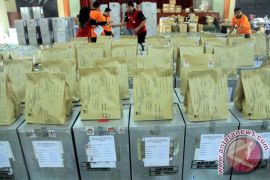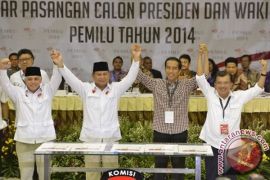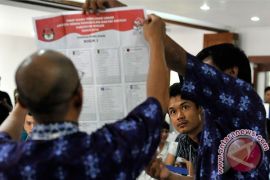The Anak Dalam people, also known as Orang Rimba, or “the people of the forest,” live in the lush forest of Jambi Province, yet they are localized in three areas: the Bukit Dua Belas National Park, the Bukit Tiga Puluh National Park in the northern part of Jambi, and along the Trans-Sumatra Route in the western part of Jambi.
Ensuring political rights for the Anak Dalam people remains a challenge, particularly for their secluded and nomadic lifestyle and cultural differences, as electoral organizers need additional efforts and commitment even for reaching them.
Despite their nomadic lifestyle, in the eyes of the government staff, hinders the effort to document them, let alone to provide population document and political education, their civic rights to express their political opinion must be protected.
Failure to assure political rights for the Anak Dalam people means they will lose the opportunity to select their preferred leader and perform their civic rights, which the authority must avoid at all costs.
Related news: G20 asks superpowers to support sustainable infrastructure development
Identifying issues
According to the Home Affairs Ministry’s Population and Civil Records Director General, Zudah Arif Fakrullah, some six thousand members of the Anak Dalam people live in Jambi. They are scattered in the districts of Batanghari, Sarolangun, Merangin, Bungo, Tebo, and West Tanjung Jabung in Jambi.
Despite the significant population, just half of all the Anak Dalam people hold electronic personal identification cards, which are required to vote in elections. This issue means the other half of the Anak Dalam people could not exercise their political rights in the election.
Meanwhile, a political expert of the University of Jambi, Dori Efendi, stated that in every election, Anak Dalam people are accustomed to surrendering their vote to the tribal leader, called temenggung, who will decide the vote on behalf of the entire community.
Efendi highlighted that the practice is vulnerable to vote-buying, as a particular candidate could woo tribal leaders to sway their choice in favor of them, which ensures unanimous votes for them from one tribal community.
The academic opined that the electoral committee, particularly the General Elections Commission (KPU), must take bold steps to halt the practice by providing political education to the Anak Dalam people and emphasizing the importance of personal choice during an election.
“We need a breakthrough to improve the political quality of the Anak Dalam people,” Efendi said.
To start the process, the local Social Affairs Office must expedite the process to document the Anak Dalam people and facilitate them to obtain their identity cards required to be registered for and to vote.
The KPU and the local Social Affairs Office could then partner with temenggungs to provide political education to the Anak Dalam people. Moreover, the authority could involve the indigenous communities as part of the electoral committee instead of merely encouraging them to vote.
Related news: Public-private partnership key to sustainable infrastructure: T20
Electoral commission actions
The Jambi Province KPU is committed to providing political education for residents, as it is one essential component of democracy. A rational voter must not select his or her preferred leader based on impulsiveness and short-term interest swayed by money politics or individual political compensations.
According to Jambi KPU commissioner Suparmin, the electoral commission will work to ensure that the native Anak Dalam people have sufficient political knowledge to participate in general elections.
He pointed out that the province’s Sarolangun District KPU had involved various stakeholders with relations to the Anak Dalam people, including the local authority and the temenggungs, to promote the 2019 General Election to the indigenous community.
The district KPU also collaborated with the local radio for the Anak Dalam people audience, Radio Benor, to broadcast talk shows and public service announcements about elections, as well as install promotional banners and distribute leaflets.
Involving tumenggungs to promote the elections and to serve as an electoral organizer is causal to the high voter turnout of 73.8 percent among Anak Dalam voters in the region, Suparmin highlighted.
Considering the success in Sarolangun District, the commission would continue strategies to instill political knowledge for the indigenous population used in recent elections, he said.
To start preparations for the 2024 General Election, the provincial and district KPUs commenced the electoral roll update this month. The commission also involves local stakeholders, including the Anak Dalam people, to perform the task.
The Anak Dalam people and other indigenous communities in Indonesia have an equal right to express their political preference and participate in national politics. Apart from ensuring high turnout among the native population, the authority must exert efforts to impart political education to them.
If those measures can be implemented properly, it is not impossible that the Anak Dalam people, and other indigenous communities, would throng voting centers in the next election to vote for their preferred leaders by using their conscience.
Related news: Bali readies free WiFi for online work, learning during G20 Summit
Related news: Bali government readies seven hospitals for G20 Summit
Editor: Fardah Assegaf
Copyright © ANTARA 2022
